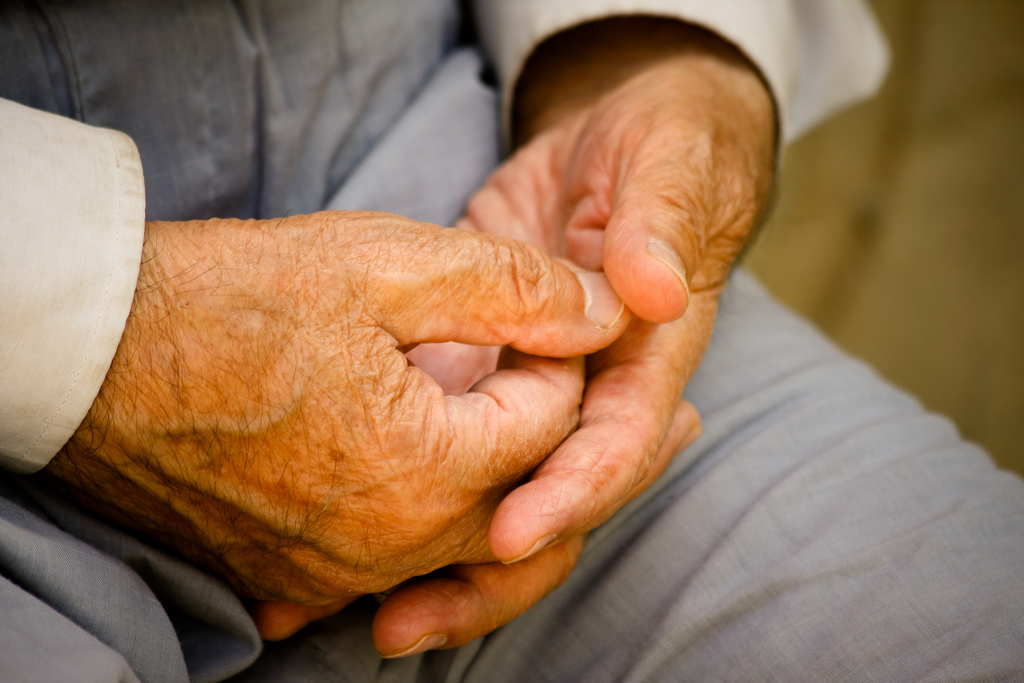Weak Immune Systems Place Elderly At Risk
As people age, their immune systems become less effective. Exposure to everyday household germs and pathogens that wouldn’t pose a risk for a stronger immune system can cause recurrent illnesses in elderly people. Those illnesses can also cause significant complications in a body that isn’t as healthy as it once was. Seniors and their caregivers need to be aware of how and where germs are spread in order to prevent the illness in their homes. The good news is that simple habits can significantly reduce the spread of germs, increasing your loved one’s chances of remaining healthy.
Habit #1: Put the Toilet Lid Down
Remember your mom’s constant reminders to put the toilet lid down? It turns out she was right. The Journal of Hospital Infection found that when people flush the toilet with the lid open, the contents of the toilet can be aerosolized, or spread through the air to surrounding surfaces. Those germs can easily be transferred to hands creating an increased risk of illness, especially when multiple people use the same toilet. The study considered toilets in hospitals where sick people often share a bathroom, but the recommendation holds true in the home as well. Reminding elderly people to close the lid before they flush (and remembering to do so yourself) can significantly reduce exposure to pathogens in the bathroom.
Habit #2: Wash Your Hands
We all know we should wash hands frequently to prevent the spread of germs, but how many of us follow the recommendations for making sure hands actually get clean? One study found that faucets in bathrooms carried significant amounts of germs from skin. That means that even if you wash your hands with soap for a full 20 seconds as recommended by experts, you can recontaminate them just by turning off the faucet. Caregivers can help elderly people practice good hand washing habits by making sure they wash long enough, making sure they use soap, and keeping faucets clean. In public restrooms, seniors can reduce their risk of picking up germs after hand-washing by turning off the faucet with a paper towel and by not touching the door handle on the way out.
Habit #3: Disinfect Surfaces
Especially during cold and flu season, it’s important to regularly disinfect the surfaces that people touch as they come and go. These include door handles, faucet handles, tabletops, sinks, refrigerator doors, computer keyboards, and television remote controls. Many of these surfaces get cleaned infrequently and are used by everyone in the household, meaning that they can easily spread germs from a sick person to a healthy person. For elderly people at risk of infection, keeping surfaces clean can be a huge step toward staying healthy.
While these recommendations may seem like common sense, elderly people who haven’t developed the habit or whose memories aren’t working as well as they used to may need reminders and help from an in-home caregiver. Keeping the elderly loved ones in your family free from illness isn’t always easy, but by taking a few extra steps to keep surfaces in the home germ-free, you can help your parents or grandparents enjoy good health every day.
Photo by hapal
Private Duty Boost! Is Here To Help You!
Whether you or your loved one needs help with personal care, supportive services, companionship or more, we are here to help! Just call Private Duty Boost! today at (760) 579-1683 to get started!

